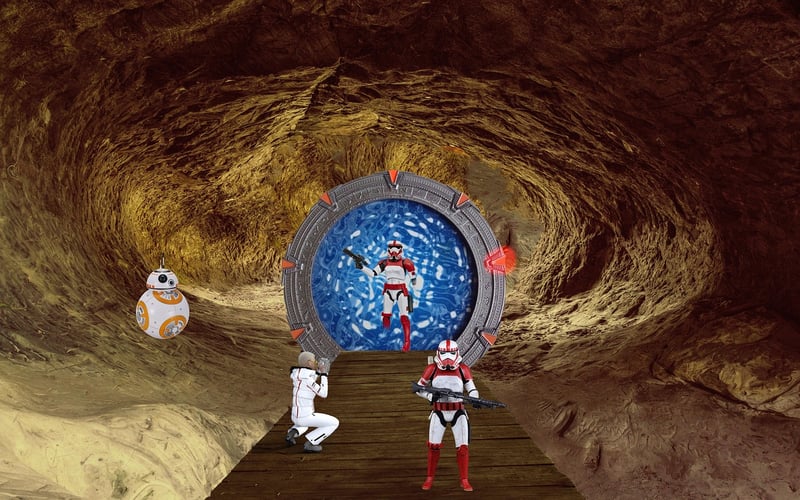Future Expeditions
Unravel Time's Mysteries: Future Expeditions
Time, an enigmatic force that governs our existence, has always fascinated humanity. From ancient civilizations to modern-day scientists, the mysteries surrounding time have captured our imaginations. In this article, we delve into the concept of time and explore future expeditions aimed at unraveling its secrets.
The Concept of Time
Time is a fundamental aspect of the universe, influencing everything from the smallest particles to the vast expanse of space. Philosophers, physicists, and theologians have pondered the nature of time for centuries, yet many questions remain unanswered. Is time linear, or does it loop back on itself? Can we travel through time, or is it a one-way journey? These are just a few of the inquiries that drive our quest to understand time's mysteries.
Future Expeditions
As technology advances and our knowledge expands, scientists are planning ambitious expeditions to explore the mysteries of time. These future missions aim to push the boundaries of our understanding and unlock the secrets hidden within the fabric of time itself.
Quantum Time Travel
One area of research that shows promise is quantum time travel. By harnessing the strange properties of quantum mechanics, scientists hope to manipulate time at the smallest scales. Quantum time travel could revolutionize our concepts of cause and effect, leading to groundbreaking discoveries.
Time Dilation Experiments
Another avenue of exploration involves time dilation experiments. By studying the effects of gravity on time, researchers can gain valuable insights into the nature of spacetime. Future expeditions may involve sending spacecraft to regions of extreme gravitational forces to observe firsthand how time is affected.
Join the Journey
Are you ready to embark on a journey through time? Stay tuned for updates on future expeditions and groundbreaking discoveries in the field of time exploration. The mysteries of time await, and the adventure of a lifetime beckons.

Excited to learn more? Explore further at Time.com
